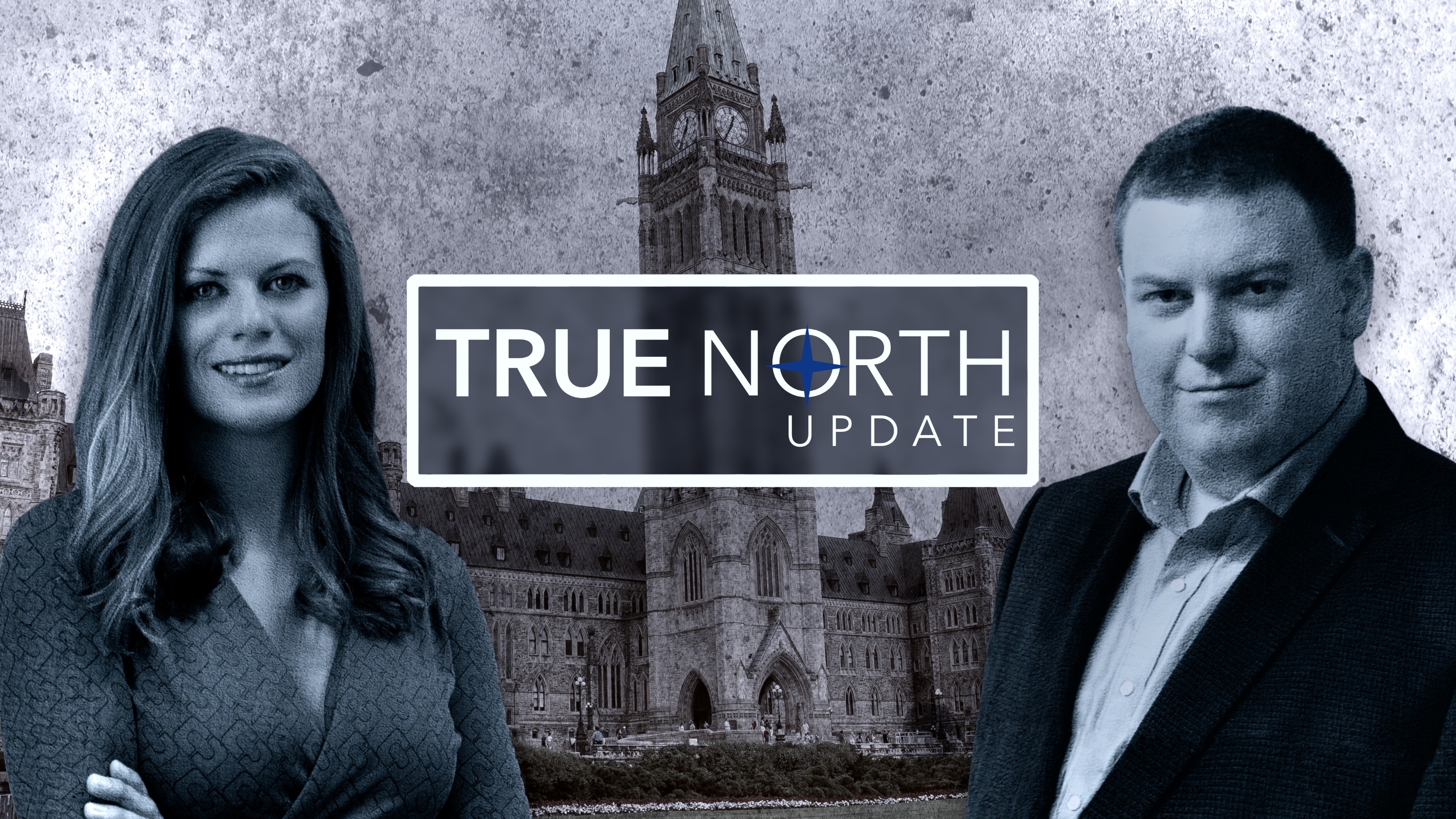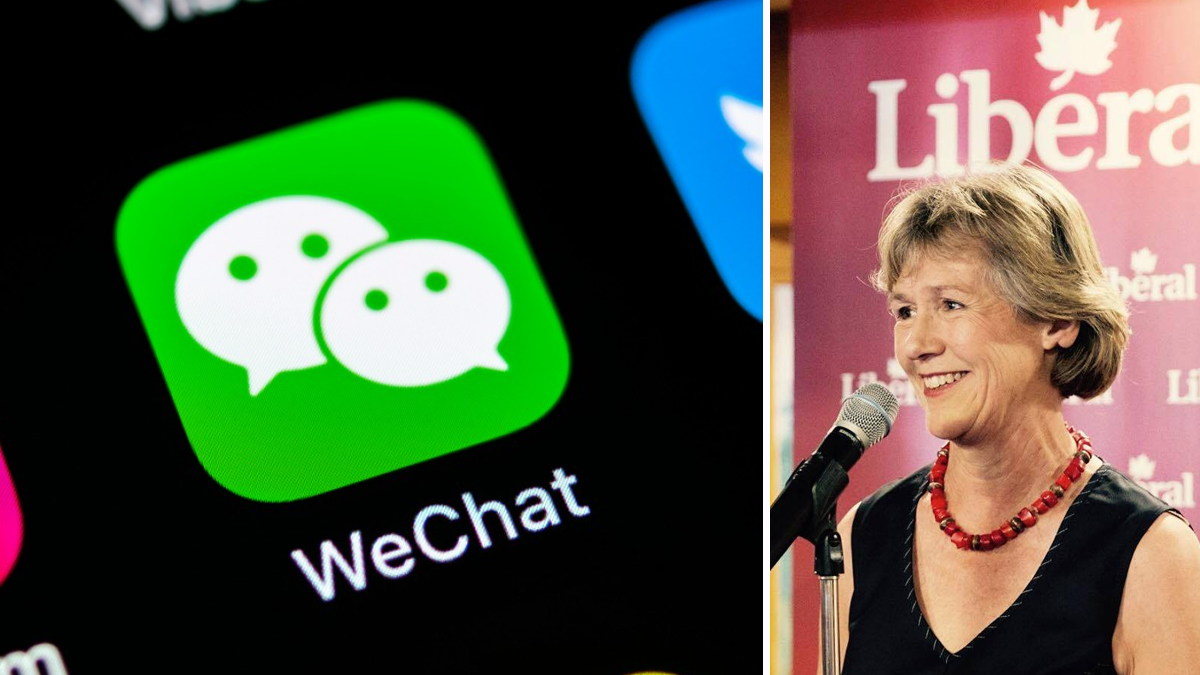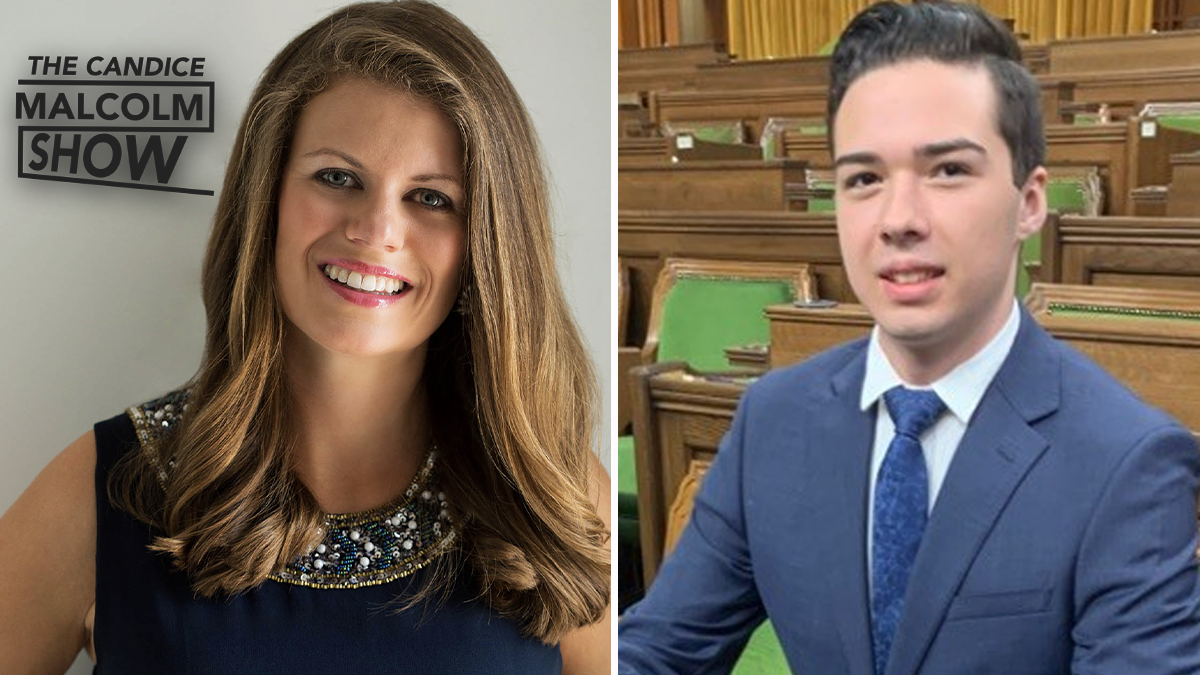The Trudeau government plunged Canada $371.5 billion further into debt in a matter of days.
According to Blacklock’s Reporter, the Commons finance committee was told that the government borrowed over a third of a trillion dollars between March 1 and March 26 to finance their coronavirus programs.
“In total between March 1 and March 26 we’ve issued $371.5 billion in debt,” said associate assistant deputy finance minister Soren Halverson.
Recent estimates by the Parliamentary Budget Officer Yves Giroux placed Canada’s federal debt at upwards to $1 trillion.
Giroux earlier told the committee that the trillion-dollar size of the debt was both “realistic” and “possible.”
He also claimed that the deficit could reach $252 billion, but he called the scenario “very optimistic” suggesting that the true size will be much larger.
Last week Finance Minister Bill Morneau repeatedly dodged questions from Conservative MP Pierre Poilievre on the actual state of Canada’s balance sheet.
Morneau avoided giving any straight answer on Canada’s finances despite being asked for simple figures like the value of Canada’s assets, liabilities and equity.
“So the minister has claimed that our balance sheet is strong. There are three components to a balance sheet: the assets, the liabilities and the equity. The minister doesn’t know any of the three, so clearly he doesn’t actually know anything about our balance sheet. That’s reassuring,” said Poilievre.
“Now, according to the auditor general, the net negative net worth of our government, of Canada, will be as much as a trillion dollars by the end of this fiscal year. Can the minister, if he’s familiar with any of these numbers, tell us: is it possible his government will hit a trillion dollars of debt this year?”
“Mr Speaker, I want to assure Canadians that our approach will be to continue to make investments on their behalf and that is available to us because of our strong fiscal position but we will continue to take that approach which we think is the appropriate approach,” replied Morneau.



























